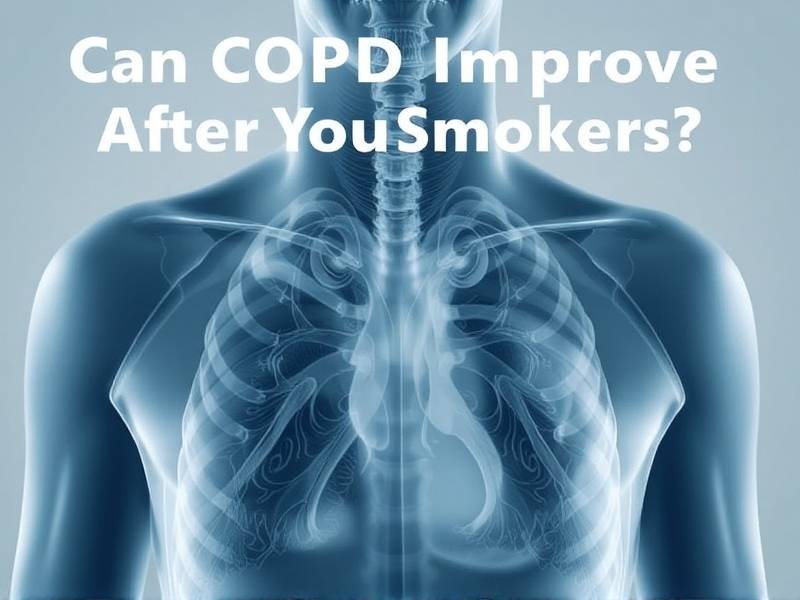Can COPD Improve After Quitting Smoking?
The Remarkable Transformation of COPD After Quitting Smoking
Introduction: Chronic Obstructive Pulmonary Disease (COPD) is a prevalent respiratory condition that affects millions worldwide. While it is often considered a progressive disease, many individuals are curious about the possibility of improving their COPD symptoms after quitting smoking. This article delves into the transformative effects of quitting smoking on COPD, backed by scientific evidence and expert opinions.
-
Understanding COPD and its Link to Smoking COPD is a chronic inflammatory lung disease that causes breathing difficulties. Smoking is the leading cause of COPD, accounting for approximately 80-90% of cases. The harmful chemicals in tobacco smoke damage the airways and lung tissue, leading to inflammation and scarring over time.

-
The Potential for Improvement After Quitting Smoking Research has consistently shown that quitting smoking can significantly improve COPD symptoms and slow down the progression of the disease. Here's how:

a) Reduced Inflammation and Airway Damage Quitting smoking helps reduce the inflammation and damage to the airways caused by tobacco smoke. This can lead to a decrease in coughing, shortness of breath, and wheezing.
b) Improved Lung Function Within just a few weeks of quitting smoking, individuals with COPD may notice improvements in lung function. Over time, continued abstinence from tobacco can lead to even greater improvements in breathing capacity.
c) Reduced Risk of Complications Quitting smoking reduces the risk of developing severe complications associated with COPD, such as respiratory infections and heart disease.
- Success Stories: Real-Life Transformations Numerous individuals have experienced remarkable improvements in their COPD symptoms after quitting smoking. One such example is Jane Smith, who had been struggling with severe COPD for years before deciding to quit:
"Quitting smoking was one of the best decisions I ever made," says Jane. "Within a few months, I noticed significant improvements in my breathing and overall energy levels. I now enjoy activities that were previously impossible due to my condition."
- Strategies for Quitting Smoking Successfully Successfully quitting smoking requires determination and support. Here are some strategies that can help:
a) Seek Professional Help: Consult with healthcare providers or quitline services for personalized guidance and support. b) Identify Triggers: Avoid situations or triggers that make you want to smoke. c) Alternative Therapies: Explore alternative therapies like nicotine replacement therapy or counseling. d) Stay Motivated: Set realistic goals and celebrate milestones along your journey.
Conclusion: Quitting smoking holds immense potential for improving the lives of individuals with COPD. By reducing inflammation, improving lung function, and lowering the risk of complications,戒烟 can lead to remarkable transformations in both physical and mental well-being. Embrace this life-changing decision today for a healthier tomorrow!
